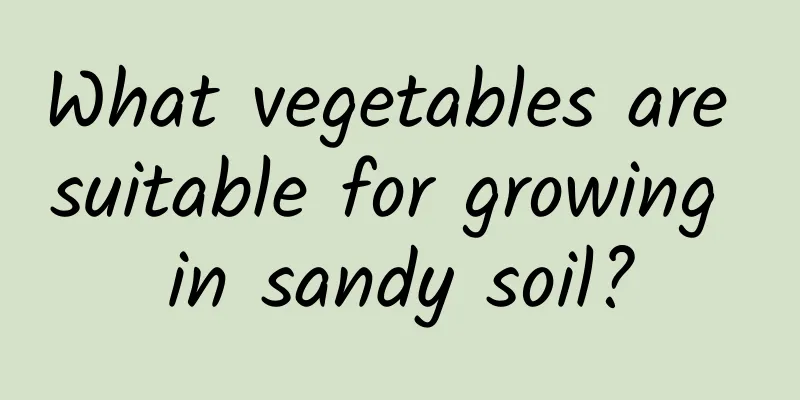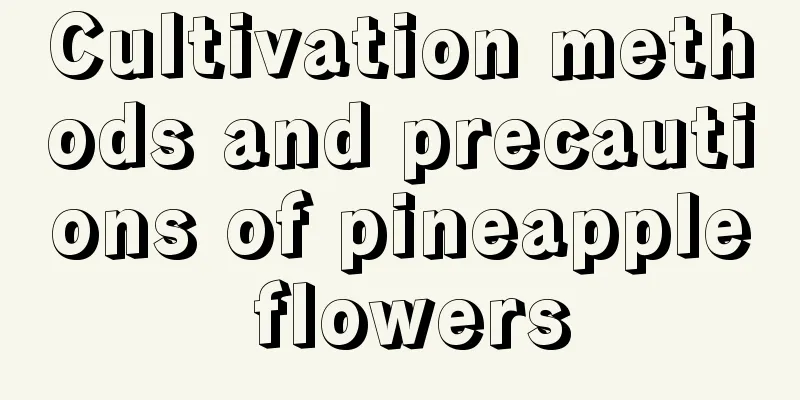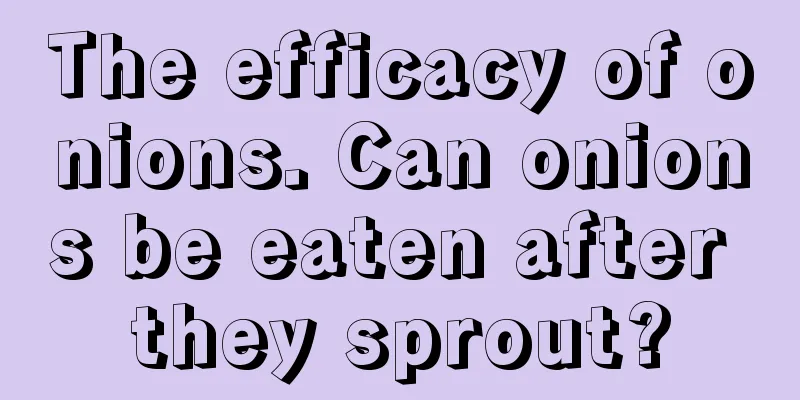The correct way to water flowers with glucose is to dilute it into what form

|
In addition to providing energy to humans, glucose is also a good plant nutrient. Glucose contains a variety of vitamins and other nutrients, which can provide the nutrients needed by plants and flowers, promote the growth of plants and flowers, make the leaves greener, and accelerate flowering. Glucose cannot be used directly to water flowers . The substances it contains cannot be fully absorbed by plants. If it is not treated and used directly to water flowers, the high concentration will damage the plant roots. Its sweetness will also attract many insects and ants, affecting the normal growth of the plants. Glucose watering method1. Glucose dilution When watering flowers, glucose water needs to be diluted with clean water in a ratio of 1:50. The diluted solution can be directly poured on the roots of the plants, where it can be quickly absorbed. It can also be used to spray the leaves of the plants, which can make the plants grow stronger and the flowers bloom more brightly. However, it should be noted that glucose water cannot be used for watering too frequently, and glucose water cannot replace water. 2. Solid glucose crushing Solid glucose can be used after being crushed, and glucose powder can be sprinkled sparsely on the soil in the flowerpot to make the plants grow more vigorously. Plants such as Monstera, Dieffenbachia, Chlorophytum, etc. can use glucose powder to replenish energy, but do not sprinkle too much at one time, otherwise it will easily cause the soil to become compacted. Precautions for watering flowers with glucoseWhen watering flowers with glucose, it must be diluted. However, if the concentration is too high, it will adhere to the roots after entering the soil, preventing the roots from absorbing water and nutrients. In addition, if the soil where the plants are growing becomes compacted, glucose water should not be used for watering, otherwise it will aggravate the degree of soil compaction and affect plant growth. |
Recommend
How to graft the lucky tree
Grafting the lucky tree can not only maintain the...
What flowers are suitable for growing in Hechi? What are the city flowers and trees?
1. Climate characteristics of Hechi Hechi belongs...
Cultivation methods and precautions of Huoxuedan
How to cultivate the blood-activating Dan soil Th...
Requirements of Bupleurum chinense planting conditions on the growth environment
Bupleurum planting conditions Bupleurum prefers a...
Do you know the benefits of growing Verbena?
The decorative function of Verbena The blooming p...
How to care for Begonia in winter
Is Begonia afraid of freezing? The most suitable ...
How much is the average yield of millet per mu? How much is the profit of planting millet per mu?
Millet yield per mu Millet is an important food c...
When is the right time to sow rapeseed?
Rapeseed is a common oil crop with high economic ...
How to grow asparagus fern indoors and what to pay attention to
Growth habits of asparagus fern Asparagus fern li...
How to fertilize money grass and how to deal with excessive fertilization
1. Fertilization method 1. Ensure the base fertil...
What vegetables are suitable to grow in January and February? What vegetables are most suitable to grow in January and February?
The climate is still relatively cold in January a...
Avocado pest and disease control, avocado seedling pest and disease
1. Anthrax This is an important disease of avocad...
How to water the fiddle-leaf fig
Determine the amount of watering according to the...
What material is ceramsite made of and what flowers are suitable for it
1. What materials are it made of? There are many ...
How to make gardenia bloom more
1. Fertilize before flowering Gardenia needs nutr...









